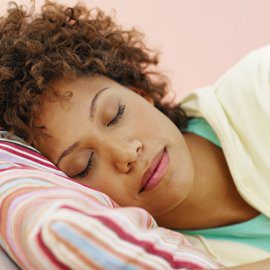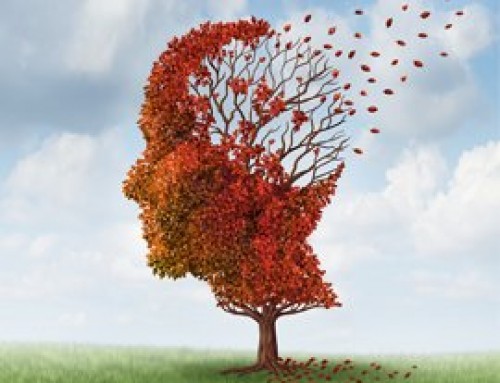 Feeling sleepy? It doesn’t come as a surprise to many that we grow more tired with time. The days feel longer, the nights feel shorter and we try to cram as much as possible into the few spare hours of the day we can call our own. For some, however, feeling sleepy after a long day isn’t the problem.
Feeling sleepy? It doesn’t come as a surprise to many that we grow more tired with time. The days feel longer, the nights feel shorter and we try to cram as much as possible into the few spare hours of the day we can call our own. For some, however, feeling sleepy after a long day isn’t the problem.
Chronic fatigue is one of the leading reasons people turn to antiaging therapy. Waxhaw, Matthew’s and Charlotte are active places to live with plenty to see and do, but overwhelming fatigue can interfere with your ability and interest in to remain active.
Insomnia often strikes as an early symptom of andropause and menopause. Men and women alike begin experiencing the problem during their late 30s and early 40s—periods of life that are often still dominated by kids, work and a world of other obligations. When insomnia sets in it can severely interfere with all aspects of life, leaving you too tired to focus on your health, concentrate on work or attend to the many needs of your family.
Why So Tired?
Sleeping habits can be altered by many different emotional, environmental and medical factors. It can be very hard at first to determine what might be interfering with your ability to get a good night’s rest. While everyone experiences aging differently, there are several common sources that produce the symptoms of fatigue and insomnia.
Here are a few of the reasons why you may develop insomnia with age:
- Hormonal changes: Remember when your body underwent all of those weird hormonal changes at puberty? Well here they come again, but this time the changes will likely be a little less awkward and a lot more frustrating. Decreased production of hormones like estrogen, progesterone and testosterone can impact your ability to fall asleep, leaving you tired the next day.
- Hot flashes and night sweats: Sometimes it isn’t the inability to fall asleep that is the problem, but instead the task of staying asleep. Night sweats can wake up even the deepest of sleepers—and their partners. This is a surge of adrenaline that wakens your brain from sleep, generally leaving you hot and sweaty for no good reason.
- Mood swings and stress: Emotional issues like depression, anxiety and increased stress levels can interfere with your ability to sleep soundly. Unfortunately, many people, especially women, become prone to extreme levels of these emotions while experiencing mood swings during menopause. Mood swings are a result of hormonal changes. Talk with Dr. Croland about hormone therapy and how it can help reduce mood swings.
Practicing good sleeping habits by turning off the TV, setting a bed time and turning your bedroom into a sanctuary for rest and relaxation are great ways to set yourself up for a good night of sleep.





Leave A Comment